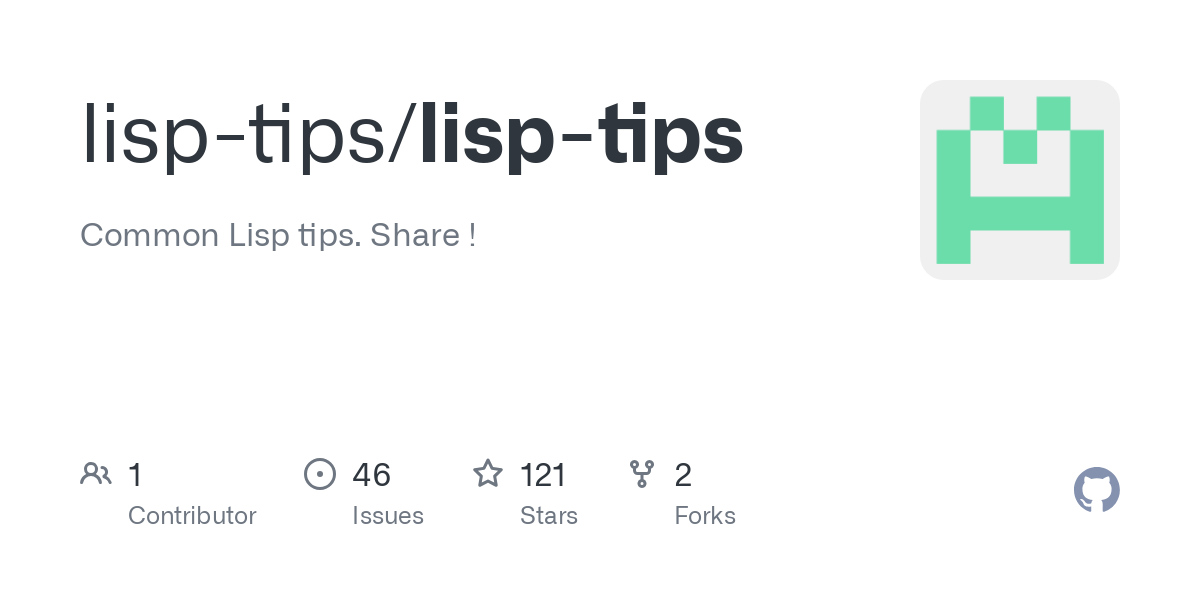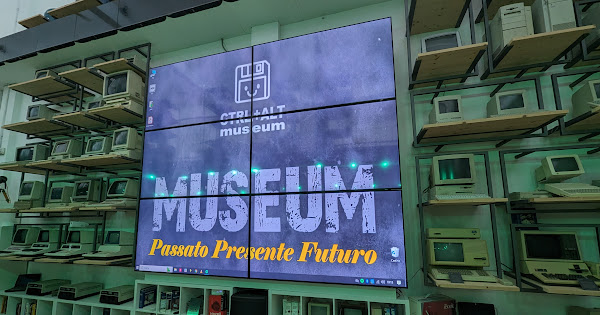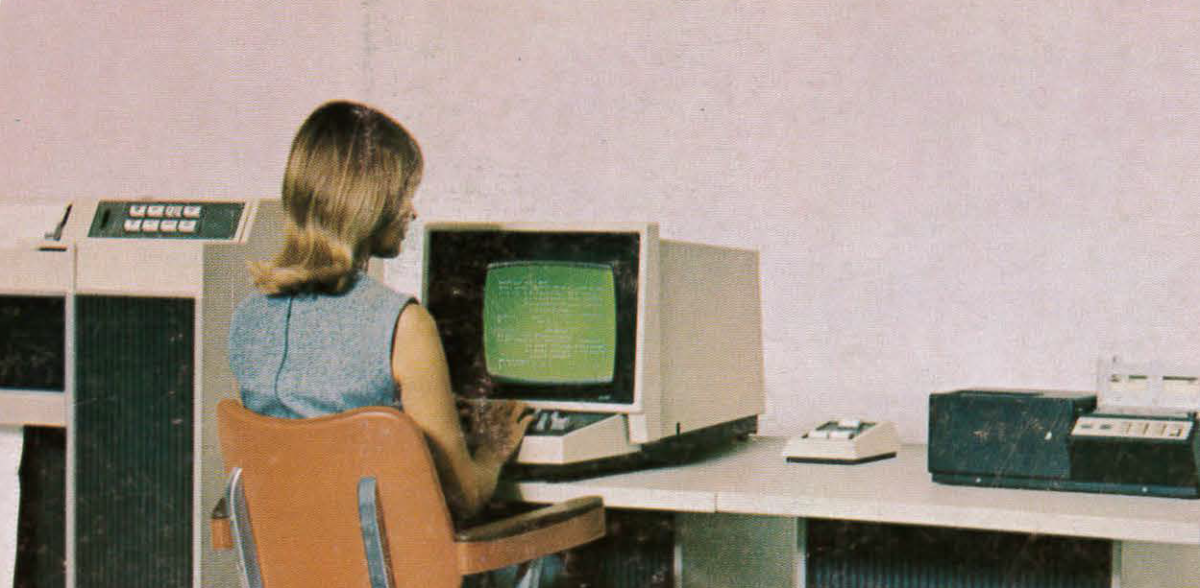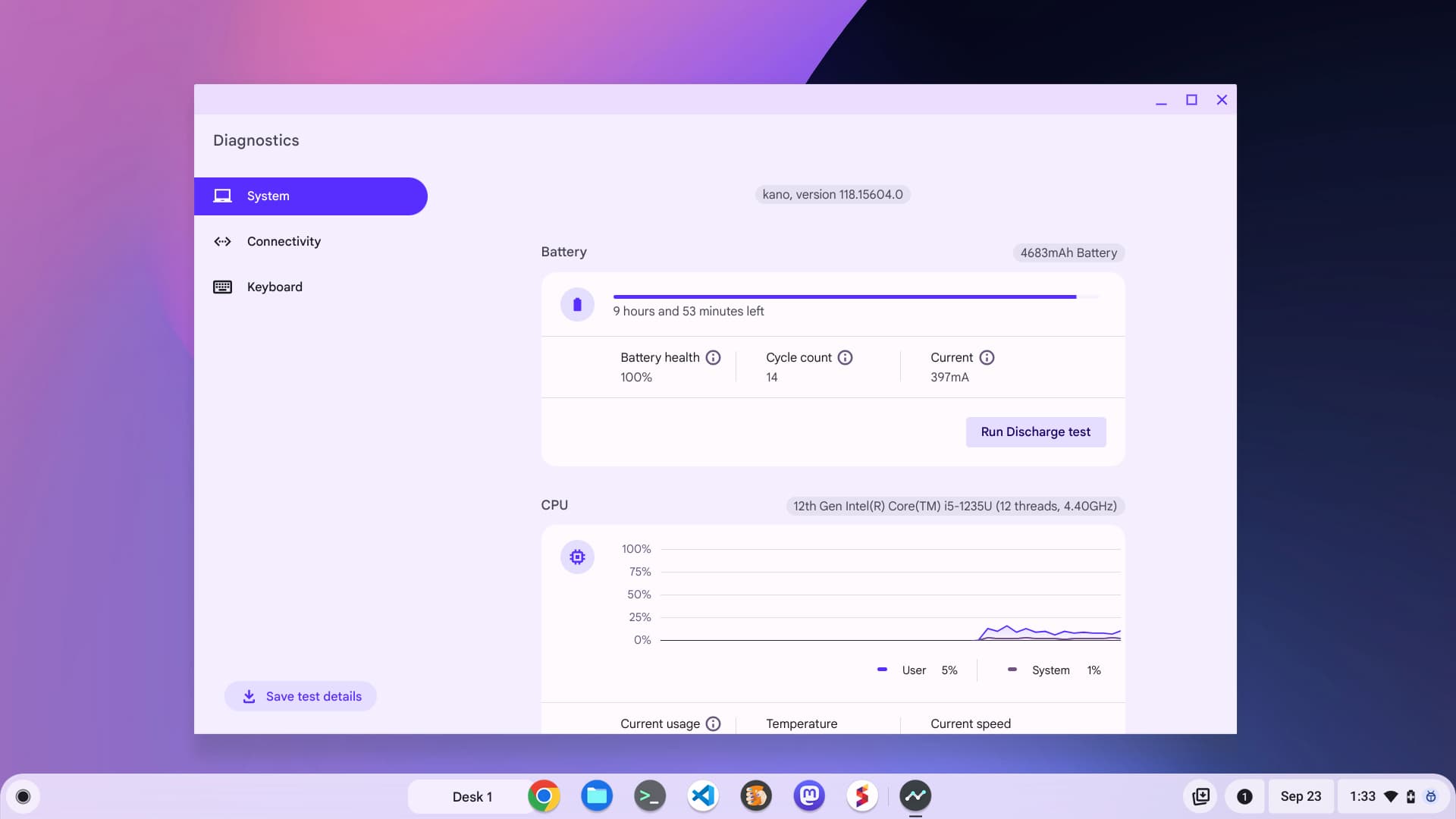Paolo Amoroso
Astronomy, space, Android & Google, retrocomputing, Lisp, Python, coding.
- blog (Fediverse:
@paolo@journal.paoloamoroso.com) - personal site
- GitHub
@amoroso@fosstodon.org
- 34 Posts
- 58 Comments

 5·10 months ago
5·10 months agoLearn to cook (which saves you money) and do all the house chores (including ironing).
Although it did have an nVidia card, my PC was an otherwise ordinary machine running Ubuntu, not a gaming rig or something custom built.
I love Linux. But I got so exasperated with system updates breaking X-Windows and dropping me into the console with no clue what to do, for some time I intentionally deferred the updates.
I wanted a stable daily driver, so in 2015 I switched from Linux to ChromeOS. Now I’m back to Linux with the Crostini container of ChromeOS and Raspberry Pi OS on a Raspberry Pi 400.

 1·11 months ago
1·11 months agoMy first computer was a Sinclair ZX Spectrum 48K in the early 1980s when I was 17. My parents agreed to buy it and I used to device to learn about computers, which I was curious about as I had played a bit with the Apple IIe and the Sinclair ZX-81 of some classmates.
Because it’s the most effective and powerful tool for putting the Unix philosophy into practice.

 3·11 months ago
3·11 months agoAn alternative is to ask questions about features of the pitched product or offer.

 51·11 months ago
51·11 months agoPossibly saving time and resources.

 9·11 months ago
9·11 months agoOkay. But if a robocaller doesn’t lead to results, it may be programmed to give up on unpromising numbers.
While I don’t downvote posts with emojis I’m most interested in reading tech content, where emojis feel redundant and distracting.

 1·1 year ago
1·1 year agoVokoscreenNG is a screencasting tool that works with Raspberry Pi OS, I tested it on my Pi 400. And it’s also easy to install, just
sudo apt install vokoscreen-ng gstreamer1.0-pipewire.I’ve updated the post.

 391·1 year ago
391·1 year agoLisp, the language that has them all.

 4·1 year ago
4·1 year agoLooks nice indeed, thanks.

 41·1 year ago
41·1 year agoInteresting suggestion but possibly overkill.
Text searches (e.g. page search in browsers) that do return results, but they don’t show up anywhere on the screen or aren’t highlighted.

 2·1 year ago
2·1 year agoWhich dialect of Lisp do you use?
Currently Interlisp and Common Lisp, mostly under Medley.
What problems do you solve?
I use Lisp for my hobby programming, not necessarily for solving practical problems. I enjoy coding for the intellectual pleasure of creating, exploring algorithms and systems, and learning computing.
Why do you choose Lisp to solve these problems?
I have been checking out several programming languages for the past four decades or so and Lisp is the only family of languages that doesn’t just come the most natural to me, it gives me pure joy.

 2·1 year ago
2·1 year agoWhen I was a brand new Mastodon user I published a post summarizing my experience on how to find people to follow and populate your feed.
Zutty, the Zero-cost Unicode Teletype which the developer describes as “A high-end terminal for low-end systems”.

 3·1 year ago
3·1 year agoHo letto tutto il testo e ribadisco la mia risposta che vale la pena di incaricare della riscossione un professionista in modo che se ne occupi, investendo così implicitamente in sicurezza una parte di quello che si riscuoterà tramite il professionista (che spiegherà nei dettagli come procedere).

 2·1 year ago
2·1 year agoSe la vincita è consistente vale la pena di investirne una piccola parte per mettere al sicuro il resto, cioè chiedere la consulenza di un avvocato, un commercialista o un altro professionista. Altrimenti il rischio potrebbe essere troppo alto.












1. What Lisp programming languages do you use?
I use pretty much only languages in the Lisp family. Since I’m a hobby programmer I’m the boss and get to decide what tools to use.
2. What non-Lisp programming languages do you use?
None, at least regularly.
3. What is your favorite Lisp programming language? Why?
Interlisp and Common Lisp because my daily driver is the wonderful Medley Interlisp development environment, which supports both dialects.
4. What is your favorite non-Lisp programming language? Why?
AWK. I love its combination of simplicity, abstraction, control paradigm, and support for rapid development.
5. What is that one thing about your favorite non-Lisp language that you wish to see in your favorite Lisp language?
I wouldn’t necessarily want to see AWK or some of its features in Lisp. Some of these features are already in Lisp and, as for the others, I don’t mind dusting off AWK itself when needed.